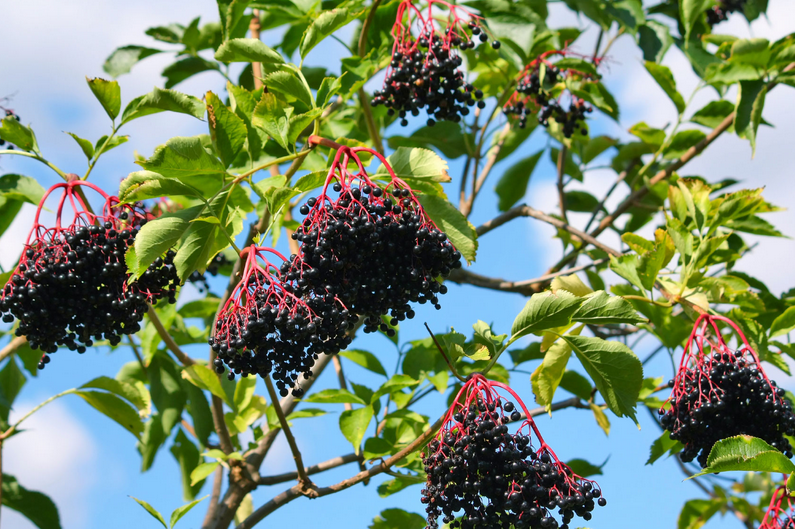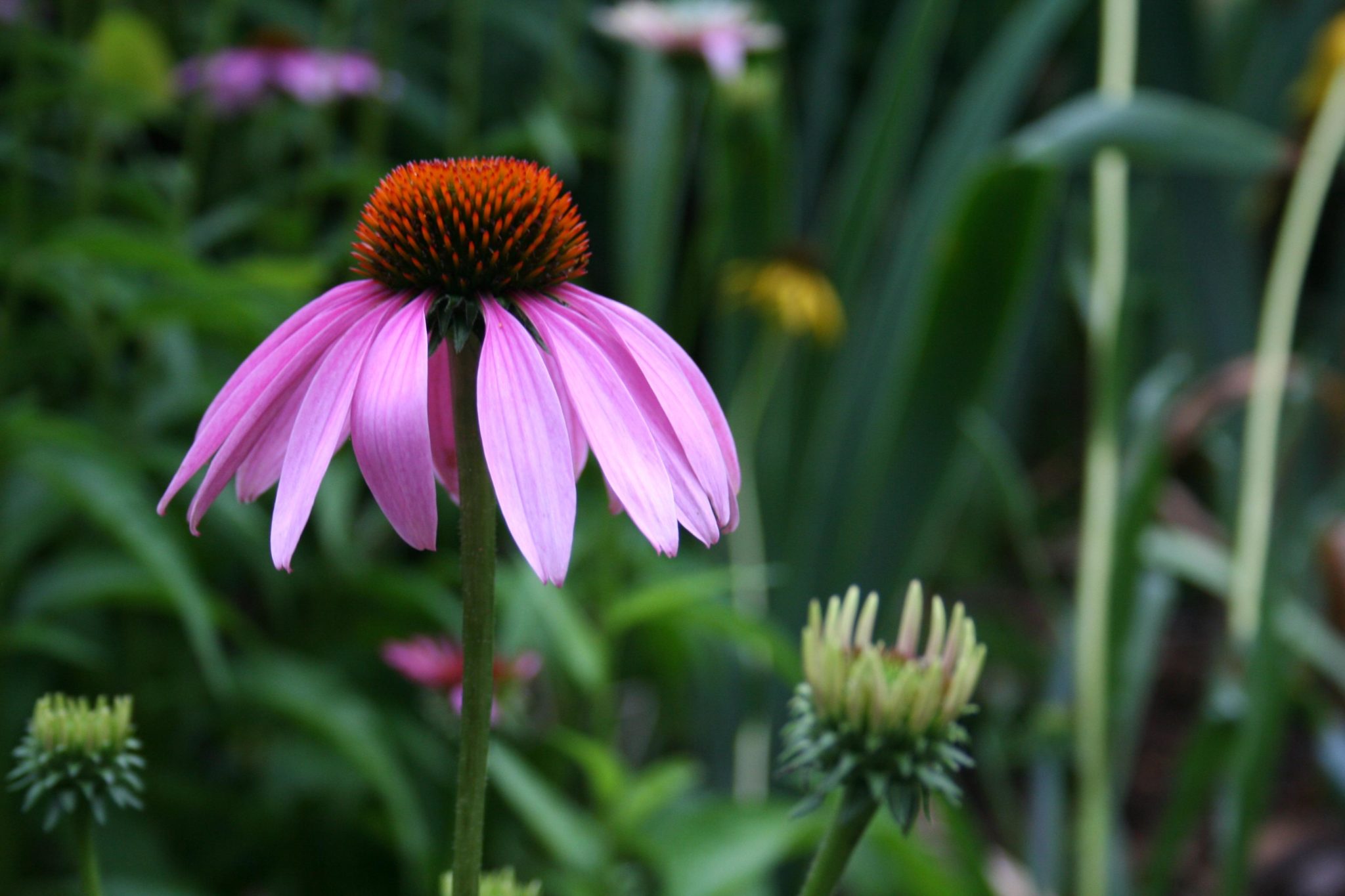Natural cold remedies to ease your symptoms
When the common cold strikes, you may want to turn first to your kitchen cabinet for natural cold remedies. Here’s what to do.

The cold, dryness and increased time spent indoors in close proximity to one another during the winter often leads to more cases of the common cold. If you have the sniffles, you may want to turn first to your kitchen cabinet for
“For the common cold, which is viral for the vast majority of people suffering, antibiotics are not effective,” says Dr. Amy Rothenberg, ND former trustee for the board of the American Association of Naturopathic Physicians and 2017 Naturopathic Physician of the Year.
Instead of their manufactured chemical counterparts, there are an array of natural remedies that can help prevent common cold contraction and ease its nasty symptoms.
“A lot of what we do as naturopaths when we look at remedies to stuff is how can we support your immune function to do its job,” says Dr. Elizabeth R. Yori, ND, president of the Maine Association of Naturopathic Doctors.
Some of the best ways to promote immune health are also the simplest: wash your hands, reduce your intake of refined sugar and make sure you are getting enough sleep. “There’s a process during sleep that helps to reload your immune system,” Dr. Yori says. “Having a hard time with sleep makes us a little more likely to be susceptible to colds.”
Vitamin D is also a helpful supplement for immune function during the winter, especially in northern areas where sunshine, the main purveyor of vitamin D, is scarce. Supplements in the form of drops or capsules will help absorb the fat soluble vitamin. Dr. Yori says recommends getting tested for a vitamin D deficiency before taking supplements, and to use caution. “Don’t use it all year round,” she says, “only use it seasonally.”
Dr. Yori and Dr. Rothenberg both recommend elderberry as both a preventative and curative measure for the common cold.
“Elderberry is a really good one because it’s one that you can increase your dose when you have something, but if you’re looking for something just to help you during the season, low doses of elderberry syrup daily can be pretty effective,” Dr. Yori says. “Once you’re already ill and you’re dealing with something like a viral situation, which is most upper respiratory, elderberry is a great antiviral overall.”
If you have already contracted a cold despite your best preventative efforts, there are natural remedies to ease your symptoms. “If I could do one thing, I would take a zinc lozenge and a cup of astragalus tea,” Dr. Rothenberg says.
Zinc, she says, is an important nutrient to fight infections, and sucking a lozenge helps bring its infection-fighting properties right to the source in the throat and sinuses. Astragalus is an herb whose roots have been used for centuries to fight infections, though Dr. Yori says patients with Lyme disease may want to avoid it because of the way it interacts with the immune system.

Dr. Yori also recommends the herb echinacea to ease your symptoms
“I don’t recommend people starting [herbal remedies] until consulting with a doctor, particularly a naturopath or an herbalist,” Dr. Yori says. “There are benefits with herbal medicine, but there are also downsides.”
Other natural remedies do not use herbs. “One of the best ones is people using a hot footbath,” Dr. Rothenberg says. “It helps to draw congestion and inflammation away from the head, and helps blood flow a little bit faster through the body, past lymph nodes where white blood cells are seated.” Dr. Rothenberg says.
Going for a walk will also get the blood moving. Dr. Rothenberg also recommends staying hydrated and avoiding alcohol and refined sugars.
“Warm tea with honey is absolutely wonderful,” Dr. Yori adds. “Things like tea and honey can be really nice to soothe and coat those tissues irritated by winter dryness.” Honey coats irritated throat tissue and has microbial benefits, while tea can help raise core temperatures to help fight viruses (and some even come with an extra immune fighting boost from herbs like astragalus or echinacea).
Bone broth is similarly healing. “Bone broth has a lot of easily observable nutrients that help to build immunity and break down mucus,” Dr. Rothenberg says. “Also, it’s a comfort food for people, feels good going down.”
Natural remedies have been used for centuries to ease the pain of seasonal illness, but the scientific research can be conflicting; some studies show that echinacea is effective to treat the common cold, but other studies find no significant positive impact. The problem is that the research is limited. “There are a lot of dollar signs attached to medical research,” Dr. Yori says. “Studying a whole herb doesn’t happen as often as we like because we can’t patent a whole herb. If it can’t make money, interest isn’t there.”
Even still, natural medicine often has the backing of generations of use. “We know these substances have been used for thousands of years,” Dr. Yori says. “I think there is efficacy in traditional uses.”
